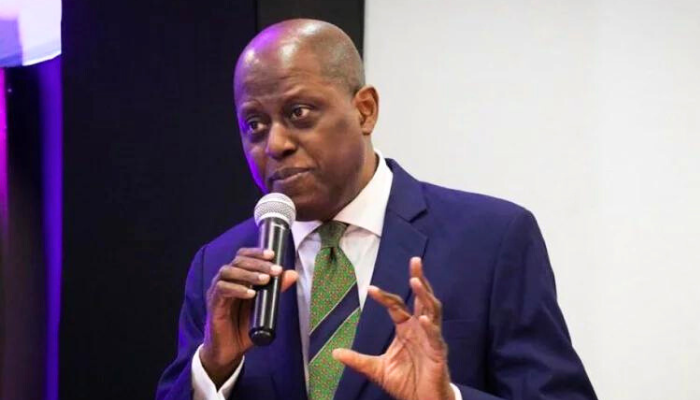Nigeria spent about 70% of its dollar payments to service external debts between January and March 2024.
According to data from the Central Bank of Nigeria (CBN), out of the $1.61 billion in total outflows made during this period, a substantial amount of $1.12 billion was expended on servicing external debt.
This figure represents a huge rise from 49% in Q1 2023, highlighting the growing burden of external debt on the nation’s finances.
A monthly breakdown of the debt service payments reveals that the nation started 2024 with a significant debt servicing obligation of $560.52 million in January.
- GTCO shareholders approve $750m capital raising
- 51% of CEOs in W/Africa expect local economies to decline in 2024 — PwC
This sum exceeded the entire debt servicing expenditure of January 2023 ($112.35 million) by nearly five times.
In February 2024, the debt servicing payments were moderated but remained substantial at $283.22 million.
March 2024 continued the trend but at a lower figure, with the country expending $276.17 million on debt servicing, representing a far less decrease from March 2023’s $400.47 billion.
Recall that Nigeria’s foreign exchange (FX) reserves recently hit a one-month dip streak. The CBN governor, Yemi Cardoso, said the decreasing reserves were primarily due to debt repayments and other standard financial obligations, rather than efforts to defend the naira.
FX reserve rebounds, gains $262m
Following several weeks of a downward trend, Nigeria’s foreign exchange reserves have witnessed a marginal resurgence of about $262 million over 19 days.
The CBN latest figures reveal a cautious upward adjustment, with reserves inching up to $32.369 billion as of May 7, 2024, from a one-month dip of $32.107 billion.
The reserves experienced a steady decline from $34.45 billion on March 18th, largely due to the interplay of dwindling oil prices, debt service costs, and other obligations of the CBN.

 Join Daily Trust WhatsApp Community For Quick Access To News and Happenings Around You.
Join Daily Trust WhatsApp Community For Quick Access To News and Happenings Around You.


